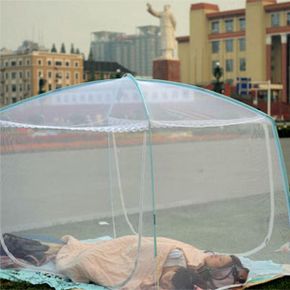What to Do After an Earthquake
Keep in mind that aftershocks -- smaller tremors -- can occur for months after the initial earthquake, though the strongest ones will likely occur in the first few hours or days. Aftershocks can cause additional damage or lead unstable structures to collapse. Unsecured items could fall off shelves, which is also a concern when opening cabinets or closets. If you feel like the structure you're in may not be structurally sound, leave and find a safe space to stay until an expert can confirm the building's integrity.
After an earthquake, it's essential to be wary of a natural gas leak. Don't light matches or use a lighter that could cause gas in the air to explode. If you smell or hear gas (often identified by a hissing noise), then open windows and leave the house or building as soon as possible. Turn off the gas valve, and if you think there may be a leak, contact the gas company. Some people also buy a product that automatically shuts off the gas in the event of an earthquake. You'll need an experienced technician to reopen the valve and restore the flow of gas.
Advertisement
Besides checking for gas leaks, look around for water leaks and any spilled liquids that may be flammable or toxic. Make sure that there is no damage to water lines or a home's chimney, which could be particularly vulnerable in the event of an earthquake.
For those trapped in a building or under rubble, the Federal Emergency Management Agency (FEMA) advises against moving too much or lighting a match [source: FEMA]. Also, it's better to tap on something, such as a pipe, to signal rescuers rather than shouting. If you shout, you could inhale potentially deadly or debilitating dust. Similarly, cover your mouth to protect the lungs against dirt, dust and other airborne particles.
In the aftermath of an earthquake, it's important to get updates from local authorities, whether over the radio or television (if electricity is available in the area). These updates should contain information about which municipal services are available, which areas to avoid and how to call for help. And if you live in a tsunami zone, the authorities may communicate any necessary alerts.
